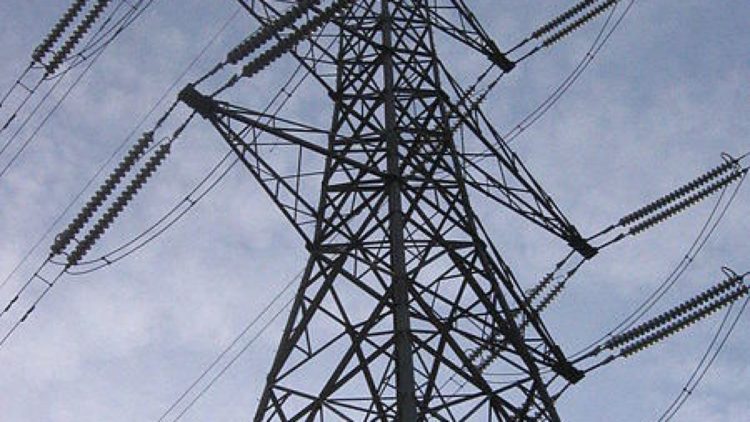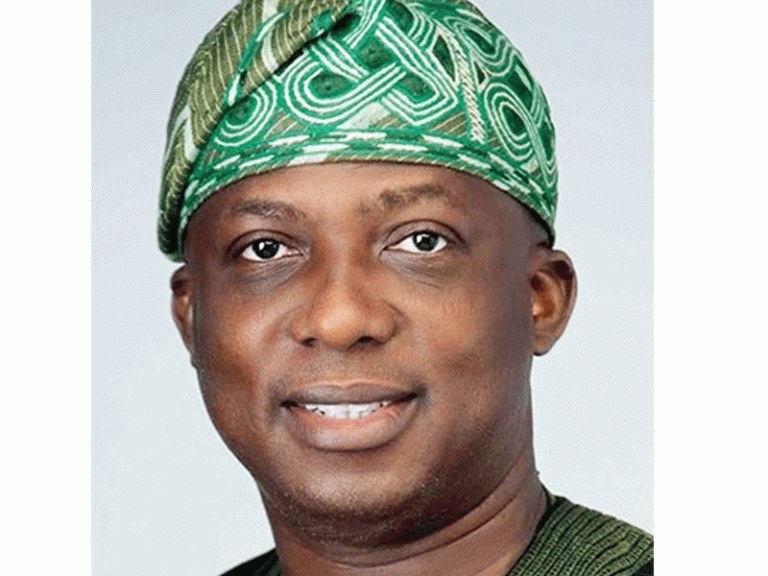
With only 40 per cent of Nigerians having access to electricity in the country, the federal government has charged members of a newly inaugurated power institute to collaborate to boost supply.
Speaking, while inaugurating the Chartered Institute of Power Engineers of Nigeria (CIPEN), in Abuja yesterday, minister of Power, Adebayo Adelabu, who attributed the low level of access to low power generation, said the situation demanded necessary input and attention from all stakeholders.
The minister said that it’s against this background that the administration of President Bola Ahmed Tinubu elicited a lot of reforms in the industry leading to the signing into law the Electric Power Reform Act 2023 which gives authority to states to generate, transmit and distribute power.
Adelabu who was represented by the director, Transmission in the Ministry of Power, Engr. Nosike Emmanuel pleaded with stakeholders in the industry to collaborate as the industry is undergoing significant restructuring reforms.
“We will all be delighted if collaborative arrangements can be forged with the relevant stakeholders to partner in harnessing the vast potentials of our country’s abundant natural resources in the area of coal power, wind, mini-hydro and large scale solar and many other sources of energy” he urged.
“Power sector is currently facing challenges that demand necessary input and attention from all stakeholders. It’s only 40 per cent of the 200 million people in Nigeria that have access to power. This is due to low generation. Lack of adequate power is a major constraint to the socio-economic development of our nation. That’s why the choice of the lecture theme, “In-depth analysis and professional solutions to stunted growth of our power sector is very apt. CIPEN is bringing professional capability, credibility and competence to bear in the electricity supply power industry and provide tremendous opportunity for research, investment and partnership in the sector, he said.
“CIPEN serves as a reservoir for appropriate knowledge and promotion of professional competence for development of power industry through innovative contributions and leveraging on timely and capacity building of power industry.
In his remarks, the president of CIPEN, Engr. Israel Esehoghene Abraham stated that the institute is charged with the responsibility to control, regulate and determine the standards of knowledge and skills to be attained by people seeking to be chartered power engineers and for people seeking to become power engineering professionals and for related matters.
“This implies that the institute is a specialised body for engineering professionals in the Nigerian power sector. It has the onerous mandate to professionally drive the Nigerian power sector’s efforts towards realising the Nigerian electric power dream” the president said.
Delivering an inauguration lecture, former managing director, Engr. Isa Musa, noted that the new Electricity Act 2023 can be a single panacea for all the power problems we have in the country since it allows states and companies and individuals to generate, transmit and distribute power, adding that this may likely result in the end of the national grid
He expressed optimism that power generation would soon improve. “There are positive indicators that show within a couple of years or more, the aggregated generation in the country would cross over the celebrated figure of 4000MW much talked about.”
According to him, the lack of integrated and comprehensive energy policy, pieces of legislations, procedures and directives characterised by waste would be things of the past.
Musa advocated that the Renewable Energy Master Plan (REMP) prepared by the Energy Commission of Nigeria can be used by the states as a guide for the development of all renewable energy sources in the country.
Earlier, Speaker of the House of Representatives, Tajudeen Abbas, represented by Rep. Sani Bala, said that practitioners themselves were the major challenge of the power sector.
“We discovered that practitioners themselves were the problem; we then agreed that one of the ways of holding persons accountable for poor and substandard installations in the sector is to put in place a statutory regulation of the conduct of the practitioners.
“Of course, someone somewhere ought to take responsibility for their actions, particularly unethical practices that are capable of leading to power surges and even accidents or sabotage.
“The CIPEN Bill came up at the time the National Assembly was considering the review of the Nigeria Electrical Power Sector Reform Act 2005.
“The timing was also in line with the decision of the House to review legislations relating to the power sector,” Abbas said.
SOURCE: LEADERSHIP




